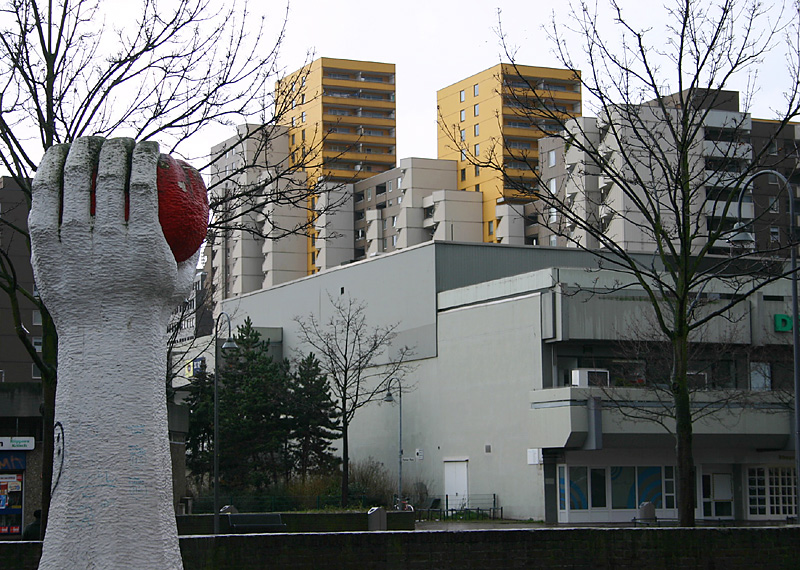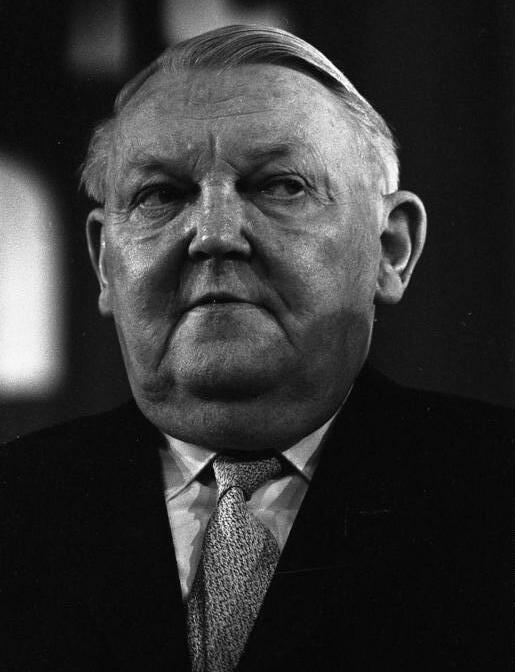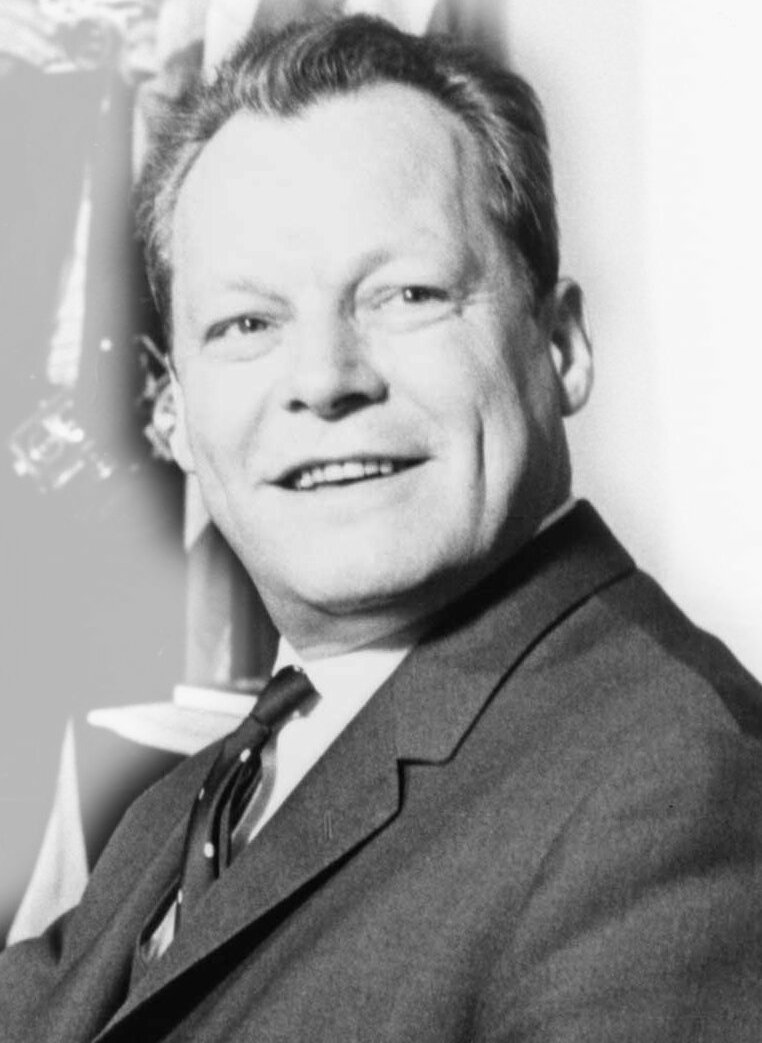|
Cologne III (electoral District)
Cologne III (german: Köln III) is an electoral constituency ( German: ''Wahlkreis'') represented in the Bundestag. It elects one member via first-past-the-post voting. Under the current constituency numbering system, it is designated as constituency 95. It is located in western North Rhine-Westphalia, comprising the northwestern part of the city of Cologne. Cologne II was created for the inaugural 1949 federal election. Since 2002, it has been represented by Rolf Mützenich of the Social Democratic Party (SPD). Geography Cologne III is located in western North Rhine-Westphalia. As of the 2021 federal election, it comprises the northwestern part of the independent city of Cologne, specifically the districts of Ehrenfeld, Nippes, and Chorweiler. History Cologne III was created in 1949. In the 1949 election, it was North Rhine-Westphalia constituency 9 in the numbering system. From 1953 through 1961, it was number 68. From 1965 through 1998, it was number 61. From 2002 ... [...More Info...] [...Related Items...] OR: [Wikipedia] [Google] [Baidu] |
Bundestag
The Bundestag (, "Federal Diet (assembly), Diet") is the German Federalism, federal parliament. It is the only federal representative body that is directly elected by the German people. It is comparable to the United States House of Representatives or the House of Commons of the United Kingdom. The Bundestag was established by Title III of the Basic Law for the Federal Republic of Germany (, ) in 1949 as one of the legislative bodies of Germany and thus it is the historical successor to the earlier Reichstag (Weimar Republic), Reichstag. The members of the Bundestag are representatives of the German people as a whole, are not bound by any orders or instructions and are only accountable to their electorate. The minimum legal number of members of the Bundestag (german: link=no, Mitglieder des Bundestages) is 598; however, due to the system of overhang seat, overhang and leveling seats the current 20th Bundestag has a total of 736 members, making it the largest Bundestag to date an ... [...More Info...] [...Related Items...] OR: [Wikipedia] [Google] [Baidu] |
Chorweiler
Chorweiler (, ) is the sixth borough (''Stadtbezirk'') of Cologne, Germany. Large portion of the borough of Chorweiler were incorporated into the city of Cologne in 1922, the borough of Chorweiler was created in the 1970s. The borough has the lowest population density in Cologne and many areas are very rural. The borough of Chorweiler borders with the Cologne boroughs of Nippes and Ehrenfeld to the South, Rhein-Erft-Kreis to the West, Rhein-Kreis Neuss to the North, and the Rhine to the East. On the other riverbank lie the city of Leverkusen and Monheim am Rhein. Subdivisions Chorweiler consists of twelve Stadtteile (city parts): Transportation Chorweiler is served by numerous railway stations and highway. Train station include Köln-Chorweiler Chorweiler (, ) is the sixth borough ('' Stadtbezirk'') of Cologne, Germany. Large portion of the borough of Chorweiler were incorporated into the city of Cologne in 1922, the borough of Chorweiler was created in the 1970 ... [...More Info...] [...Related Items...] OR: [Wikipedia] [Google] [Baidu] |
1994 German Federal Election
Federal elections were held in Germany on 16 October 1994 to elect the members of the 13th Bundestag. The CDU/CSU alliance led by Helmut Kohl remained the largest faction in parliament, with Kohl remaining Chancellor in a narrowly re-elected coalition with the Free Democratic Party (FDP). This elected Bundestag was the largest in history until 2017, numbering 672 members. Even though this election did not lead to a switch in government, it saw the election of many people to the Bundestag that would play an important role later. Future CDU leaders Friedrich Merz and Armin Laschet were first elected to the Bundestag in 1994, as were future cabinet ministers Norbert Röttgen and Peter Altmaier. This was the last election until 2009 that a center-right government was elected. Issues and campaign The Social Democratic Party (SPD) let its members elect a candidate for chancellor against Helmut Kohl after SPD leader Björn Engholm and chancellor candidate-designate had to resign in 199 ... [...More Info...] [...Related Items...] OR: [Wikipedia] [Google] [Baidu] |
1990 German Federal Election
Federal elections were held in Germany on 2 December 1990 to elect the members of the 12th Bundestag. This was the first all-German election since the Nazi show election in April 1938, the first multi-party all-German election since that of March 1933, which was held after the Nazi seizure of power and was subject to widespread suppression, and the first free and fair all-German election since November 1932. The result was a comprehensive victory for the governing coalition of the Christian Democratic Union/ Christian Social Union and the Free Democratic Party (FDP), which was reelected to a third term. The second vote result of the CDU/CSU, 20,358,096 votes, remains the highest ever total vote count in a democratic German election. The elections marked the first since 1957 that a party other than CDU/CSU and the Social Democratic Party (SPD) won a constituency seat, and the first (and only) time since 1957 that FDP won a constituency seat (Halle). Campaign This was the f ... [...More Info...] [...Related Items...] OR: [Wikipedia] [Google] [Baidu] |
1987 West German Federal Election
Federal elections were held in West Germany on 25 January 1987 to elect the members of the 11th Bundestag. This was the last federal election held in West Germany before German reunification. Issues and campaign The SPD nominated Johannes Rau, their vice chairman and the Minister-President of North Rhine-Westphalia, as their candidate for Chancellor. However, the SPD suffered from internal divisions and competition with the Greens. It was also unclear as to how they would form a government, as the Greens were divided over whether to take part in governments. One of the major issues in this election was the environment, after the Chernobyl disaster and other accidents. Results Results by state Constituency seats List seats Post-election The coalition between the CDU/CSU and the FDP returned to government, with Helmut Kohl as Chancellor Chancellor ( la, cancellarius) is a title of various official positions in the governments of many nations. The original chan ... [...More Info...] [...Related Items...] OR: [Wikipedia] [Google] [Baidu] |
1983 West German Federal Election
Federal elections were held in West Germany on 6 March 1983 to elect the members of the 10th Bundestag. The CDU/CSU alliance led by Helmut Kohl remained the largest faction in parliament, with Kohl remaining Chancellor. Issues and campaign The SPD/ FDP coalition under Chancellor Helmut Schmidt was returned to power in the 1980 West German federal election. The coalition parties grew more and more apart over economic policies. Schmidt asked for and won a motion of no confidence on 5 February 1982. The FDP cabinet ministers resigned on 17 September 1982 and the SPD formed a minority government. On 1 October, Schmidt and the SPD government were dismissed from office by a constructive vote of no confidence by the votes of the CDU/CSU Union parties and a majority of the FDP deputies in the Bundestag. The Leader of the Christian Democratic Union and Leader of the CDU/CSU Group in the Bundestag Helmut Kohl succeeded Schmidt. The new coalition had a majority in the Bundestag but early e ... [...More Info...] [...Related Items...] OR: [Wikipedia] [Google] [Baidu] |
1980 West German Federal Election
Federal elections were held in West Germany on 5 October 1980 to elect the members of the 9th Bundestag. Although the CDU/CSU remained the largest faction in parliament, Helmut Schmidt of the Social Democratic Party remained Chancellor. Issues and campaign Chancellor Helmut Schmidt of the SPD-FDP coalition wanted to be re-elected. The CDU/CSU tried to make their candidate the elected Chancellor, CSU leader Franz Josef Strauß. It was the first time that their candidate was from the CSU. Strauß, immensely popular in Bavaria, found it difficult to appeal to people in other parts of Germany. One important reason for Strauss's unpopularity compared to Federal Chancellor Helmut Schmidt, was his tendency to talk sharply and militantly about his political opponents. Schmidt, by contrast, was still seen by many West German voters as a moderate and practical manager and doer, who focused on getting concrete political and economic results more than on political rhetoric. Results R ... [...More Info...] [...Related Items...] OR: [Wikipedia] [Google] [Baidu] |
1976 West German Federal Election
Federal elections were held in West Germany on 3 October 1976 to elect the members of the 8th Bundestag. Although the CDU/CSU alliance became the largest faction in parliament, Helmut Schmidt of the Social Democratic Party remained Chancellor. Campaign The coalition of the SPD and the FDP wanted to be re-elected, with the SPD, since 1974 led by Helmut Schmidt, the party's candidate for Chancellor. The CDU and the CSU tried to achieve an absolute majority of the votes to make CDU chairman Helmut Kohl Chancellor. Results Results by state Constituency seats List seats Aftermath The coalition between the SPD and the FDP remained in government, with Helmut Schmidt as Chancellor. Between the "sister parties" of CDU and Bavarian CSU there emerged a critical conflict, as the CSU leader Franz Josef Strauß wanted to break both the united Bundestag group of the parties and the agreement not to compete against each other in any Land Land, also known as dry land, ground ... [...More Info...] [...Related Items...] OR: [Wikipedia] [Google] [Baidu] |
1972 West German Federal Election
Federal elections were held in West Germany on 19 November 1972 to elect the members of the 7th Bundestag. In the first snap elections since the resumption of democratic elections in 1949, the Social Democratic Party became the largest party in parliament for the first time since 1930, winning 230 of the 496 seats. The coalition with the Free Democratic Party was resumed. Campaign The Social-liberal coalition of SPD and FDP had lost its majority after several Bundestag MPs (like former FDP ministers Erich Mende and Heinz Starke or SPD partisan Herbert Hupka) had left their party and become members of the CDU/ CSU opposition to protest against Chancellor Willy Brandt's ''Neue Ostpolitik'', especially against the ''de facto'' recognition of the Oder-Neisse line by the 1970 Treaty of Warsaw. On 27 April 1972 the opposition had tried to have CDU leader Rainer Barzel elected new chancellor in a motion of no confidence, but Barzel surprisingly missed the majority in the ... [...More Info...] [...Related Items...] OR: [Wikipedia] [Google] [Baidu] |
1969 West German Federal Election
Federal elections were held in West Germany on 28 September 1969 to elect the members of the 6th Bundestag. The CDU/CSU remained the largest faction and the Social Democratic Party remained the largest single party in the Bundestag, winning 237 of the 518 seats. After the election, the SPD formed a coalition with the Free Democratic Party and SPD leader Willy Brandt became Chancellor. Campaign Upon the resignation of Chancellor Ludwig Erhard on 1 December 1966, a grand coalition of Christian Democrats and Social Democrats had governed West Germany under Federal Chancellor Kurt Georg Kiesinger (CDU) with SPD chairman Willy Brandt as vice-chancellor and foreign minister. Economics Minister Karl Schiller (SPD) had proposed revaluing (increasing the external value of) the Deutsche Mark, West Germany's currency, to reduce the country's inflation rate and the rate of growth of the country's businesses' income. He also wanted to reduce West Germany's economic dependence on the e ... [...More Info...] [...Related Items...] OR: [Wikipedia] [Google] [Baidu] |
1965 West German Federal Election
Federal elections were held in West Germany on 19 September 1965 to elect the members of the 5th Bundestag. The CDU/CSU remained the largest faction, while the Social Democratic Party remained the largest single party in the Bundestag, winning 217 of the 518 seats (including 15 of the 22 non-voting delegates for West Berlin). Campaign Federal Chancellor Ludwig Erhard was initially popular as the acclaimed "father" of West Germany's economic miracle of the 1950s and early 1960s. West Germany's economy still seemed solid in 1965, and thus not enough West German voters wanted to change the party of Federal Chancellor. To ensure his victory in this Bundestag election, Erhard promised to cut income tax and to increase social program spending. Results Results by state Constituency seats List seats Aftermath The coalition between the CDU/CSU and the FDP returned to government, with Ludwig Erhard as Chancellor. In 1966, the FDP left the coalition over budget issues, and E ... [...More Info...] [...Related Items...] OR: [Wikipedia] [Google] [Baidu] |
1961 West German Federal Election
Federal elections were held in West Germany on 17 September 1961 to elect the members of the fourth Bundestag. CDU/CSU remained the largest faction, winning 242 of the 499 seats. Campaign For the first time, the SPD announced a Chancellor candidate who was not chairman of the party: Willy Brandt, the Governing Mayor of West Berlin. After the building of the Berlin Wall, he gained more and more sympathy, while chancellor Konrad Adenauer was criticised for not showing enough support for the people of West Berlin. Adenauer had to save the absolute majority of CDU and CSU, but, considering his age and his long term as chancellor, there were big doubts if he should lead the country in a fourth term. Results Results by state Constituency seats List seats Aftermath The absolute majority was lost by the conservative union due to the gains of the liberal FDP under Erich Mende. From 1961 on, the Union, SPD and FDP established an electoral "triopoly" in the Bundestag that w ... [...More Info...] [...Related Items...] OR: [Wikipedia] [Google] [Baidu] |

.jpg)
_1.jpg)
_(cropped).jpg)


